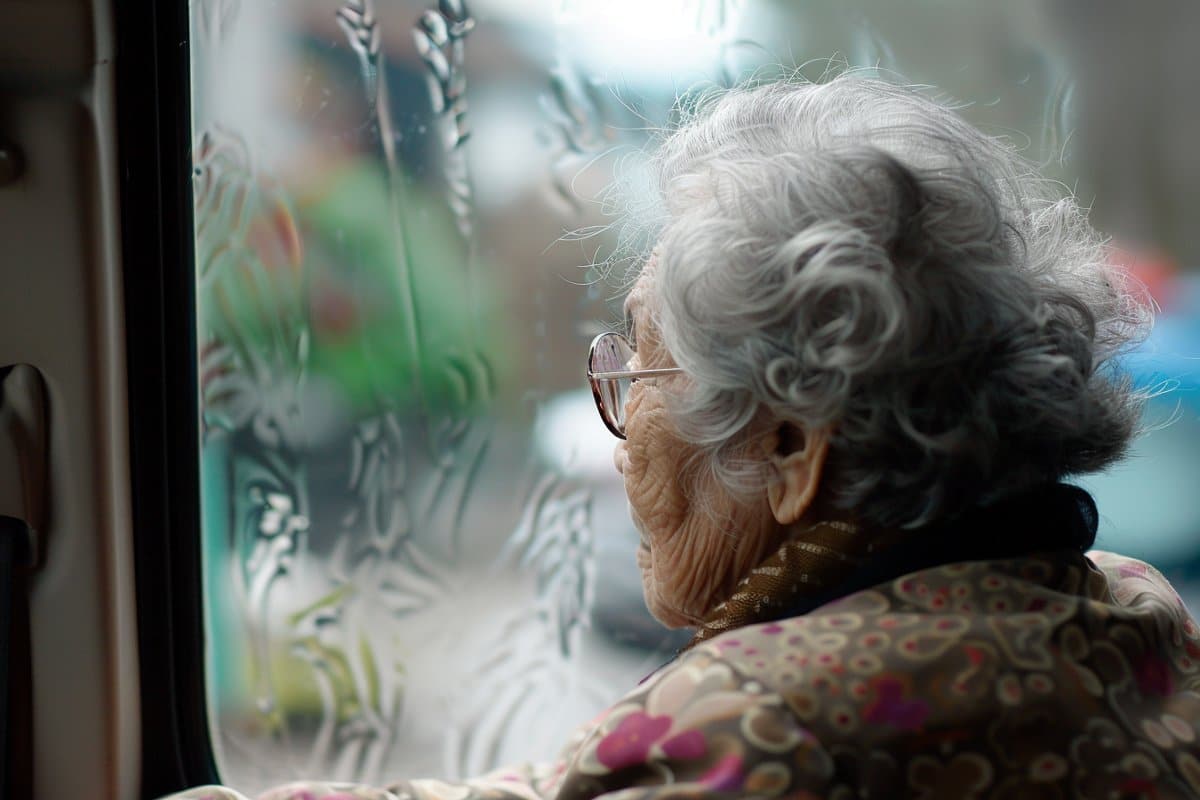Summary: Researchers have uncovered a significant correlation between social isolation and accelerated biological aging, indicating that individuals with limited social connections are at a higher risk of premature mortality.
Utilizing AI-enabled electrocardiograms (AI-ECG) to estimate the biological age of over 280,000 adults, the study found that those with robust social networks exhibited smaller age gaps between their biological and chronological ages, reflecting slower biological aging.
The Social Network Index was instrumental in assessing social isolation levels, revealing that a lower score, indicative of greater social isolation, was associated with an increased risk of death across all demographics. This research underscores the importance of social connectivity as a vital component of health and longevity.
Key Facts:
- Social Connectivity and Health: Individuals with better social networks, as determined by the Social Network Index, showed smaller gaps between biological and chronological age, indicating a protective effect against accelerated aging.
- Risk of Mortality: Participants with lower Social Network Index scores experienced a higher mortality risk within a two-year follow-up, highlighting the health implications of social isolation.
- Disparities in Aging: The study found that non-white participants generally had higher average age gaps compared to white counterparts, particularly among those with lower social connectivity, pointing to broader health disparities.
Source: Mayo Clinic
A new study from Mayo Clinic finds that socially isolated people are more likely to show signs of being biologically older than their age and more likely to die from a variety of causes.
The research, published in the Journal of the American College of Cardiology: Advances, suggests that social connection plays an important role in overall physical health and longevity, and it should be addressed as a necessary part of the social determinants of health.
To investigate the role of social contact in biological aging, the researchers compared the Social Network Index and AI-enabled electrocardiogram (AI-ECG)-predicted age gaps of over 280,000 adults who received outpatient care between June 2019 and March 2022. Eligible participants completed a questionnaire on the social determinants of health and had AI-ECG records independent of the study on file within one year.
An AI-ECG model developed at Mayo Clinic was used to estimate biological age, which was then compared to chronological age. Previous research shows that the AI-ECG age prediction represents the heart’s biological age. A positive age gap indicates accelerated biological aging, while a negative value suggests slower biological aging.
Researchers assessed social isolation using the Social Network Index, which asks six distinct multiple-choice questions related to these areas of social interaction:
- Belonging to any social club or organization.
- Frequency of participating in social activities per year.
- Frequency of talking on the telephone with family and friends per week.
- Frequency of attending church or religious services per year.
- Frequency of getting together with friends or family in person per week.
- Marital status or living with a partner.
Each question response was given a score of 0 or 1, and the total score tallies ranged from 0 to 4, representing varying degrees of social isolation.
Participants with a higher Social Network Index score — indicating a better social network — had a smaller AI-ECG age gap, and that held true across all gender and age groups. Social network status significantly influenced mortality risk.
During the two-year follow-up period, approximately 5% of the participants died. Those who had low social index scores less than or equal to 1 had the highest risk of death compared to other groups.
While the participants were 86.3% non-Hispanic white, the study data point to existing health disparities. Non-white participants had higher average age gaps than their white counterparts, especially those with lower Social Network Index scores.
“This study highlights the critical interplay between social isolation, health and aging,” says Amir Lerman, M.D., a cardiologist at Mayo Clinic and senior author of the paper.
“Social isolation combined with demographic and medical conditions appears to be a significant risk factor for accelerated aging. But we also know that people can change their behavior — have more social interaction, exercise regularly, eat a healthy diet, stop smoking, get adequate sleep, etc. Making and sustaining these changes may go a long way toward improving overall health.”
About this social isolation and aging research news
Author: Emily DeBoom
Source: Mayo Clinic
Contact: Emily DeBoom – Mayo Clinic
Image: The image is credited to Neuroscience News
Original Research: Open access.
“Association Between Social Isolation With Age-Gap Determined by Artificial Intelligence-Enabled Electrocardiography” by Terri Malloy et al. Journal of the American College of Cardiology Advances
Abstract
Association Between Social Isolation With Age-Gap Determined by Artificial Intelligence-Enabled Electrocardiography
Background
Loneliness and social isolation are associated with poor health outcomes such as an increased risk of cardiovascular diseases.
Objectives
The authors aimed to explore the association between social isolation with biological aging which was determined by artificial intelligence-enabled electrocardiography (AI-ECG) as well as the risk of all-cause mortality.
Methods
The study included adults aged ≥18 years seen at Mayo Clinic from 2019 to 2022 who respond to a survey for social isolation assessment and had a 12-lead ECG within 1 year of completing the questionnaire. Biological age was determined from ECGs using a previously developed and validated convolutional neural network (AI-ECG age). Age-Gap was defined as AI-ECG age minus chronological age, where positive values reflect an older-than-expected age. The status of social isolation was measured by the previously validated multiple-choice questions based on Social Network Index (SNI) with score ranges between 0 (most isolated) and 4 (least isolated).
Results
A total of 280,324 subjects were included (chronological age 59.8 ± 16.4 years, 50.9% female). The mean Age-Gap was −0.2 ± 9.16 years. A higher SNI was associated with a lower Age-Gap (β of SNI = 4 was −0.11; 95% CI: −0.22 to −0.01; P < 0.001, adjusted to covariates). Cox proportional hazard analysis revealed the association between social connection and all-cause mortality (HR for SNI = 4, 0.47; 95% CI: 0.43-0.5; P < 0.001).
Conclusions
Social isolation is associated with accelerating biological aging and all-cause mortality independent of conventional cardiovascular risk factors. This observation underscores the need to address social connection as a health care determinant.

Sarah Carter is a health and wellness expert residing in the UK. With a background in healthcare, she offers evidence-based advice on fitness, nutrition, and mental well-being, promoting healthier living for readers.








